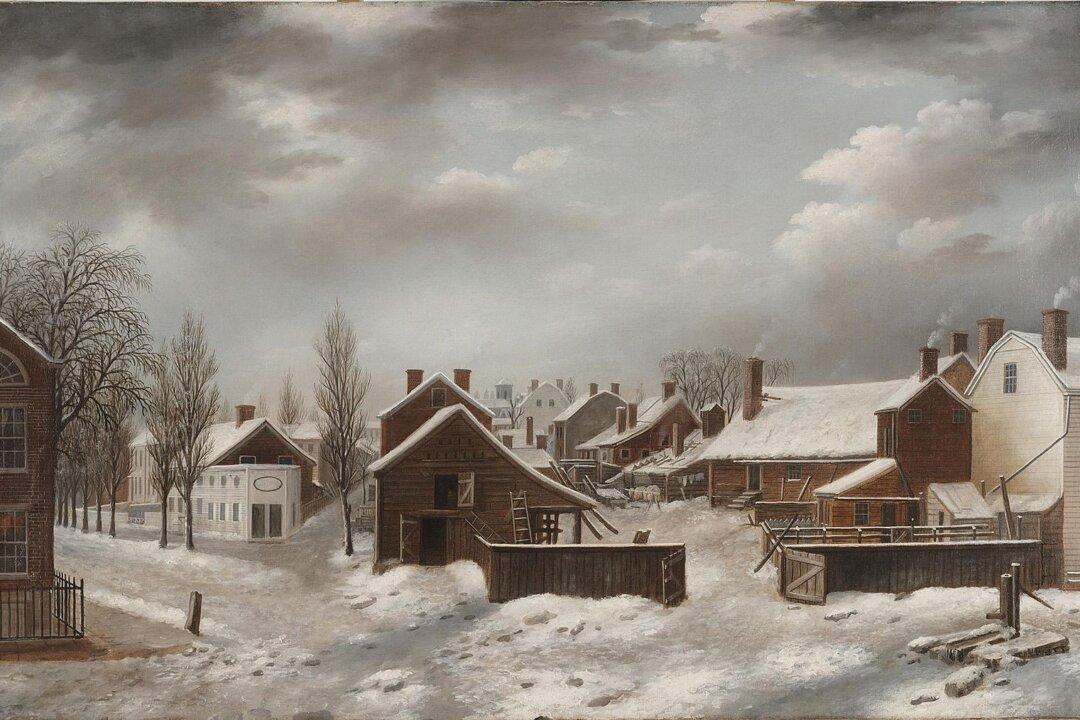Like Shakespeare’s Cassius, February has a “lean and hungry look.” The month is short, which is all to the good given its Arctic blasts of wind and storm. But even so, the time we spend in winter’s meat locker can muster up moods as gray as the season’s gray days. Then March arrives with its promises of more temperate weather, yet all too often it unleashes one last fusillade of ice, snow, and wind to shake the rooftops, dashing hopes for an early spring and deepening the wintertime blues.
One genre of literature—light verse—can help alleviate this cold-weather funk. Reading some poems of elegance and wit intended to entertain and amuse can bring some chuckles, warm the heart, and spark the dulled imagination.






